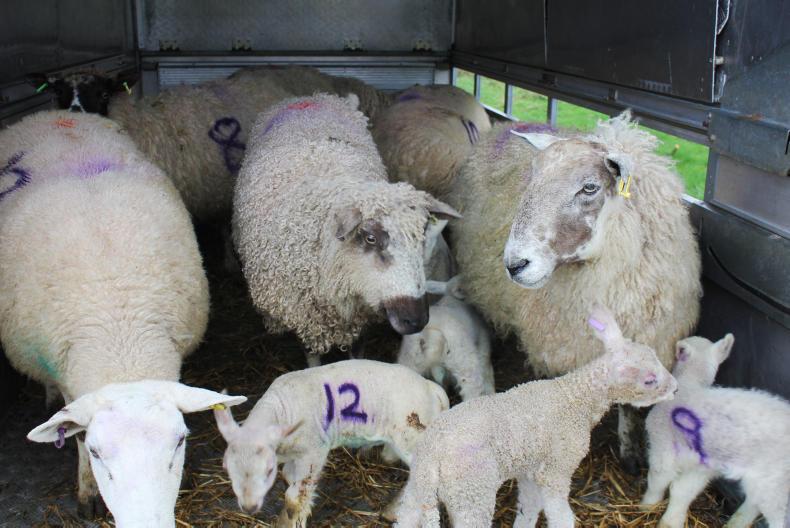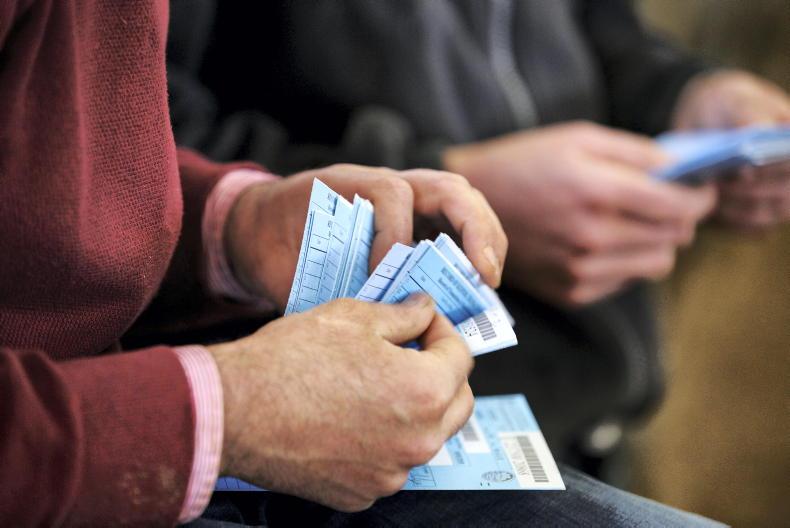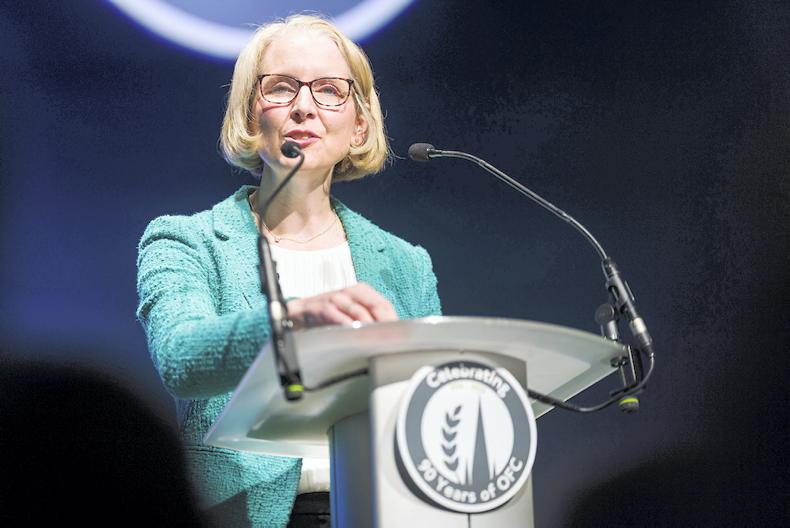In the event of a no-deal Brexit, Defra Secretary of State Michael Gove has said he recognises the impact it could have on vulnerable sectors, especially UK sheep production.
During a meeting with MPs on the Environment, Food and Rural Affairs Committee at Westminster this week, it was put to Gove that if UK farmers are effectively locked out of EU markets by tariffs, then domestic prices could come under pressure.
“We have specific intervention plans, particularly for the sheepmeat sector. There are various different schemes possible – some form of headage payment might be the best way forward,” he replied.
He was also asked about the recently published UK tariff regime, which would apply tariffs on beef, sheep, dairy, pigs and poultry products entering Britain from the EU, but not on goods crossing the Irish border into NI.
“It would certainly put NI agri-food at a disadvantage,” he acknowledged. How significant that disadvantage would be will depend on what Irish and EU authorities do in return (eg, will they apply tariffs on NI goods), he argued.
When asked if the Government would introduce emergency measures in the event of NI farmers and processors facing economic hardship, Gove said that “Government would provide whatever support they [Stormont officials] requested to the best of our ability”.
However, he emphasised that the UK tariff regime is designed to be temporary, lasting until the end of 2019.
If a no-deal was to occur, he maintained that the Government hopes to negotiate various new trading arrangements with the EU and find new markets, effectively making the initial no-deal tariff plans redundant in the medium term.
Gove also acknowledged that various parts of industry have expressed concern at the proposals, but said they would not be reconsidered at this stage.
Read more
Brexit: border and how it is enforced comes into focus
Beyond Brexit: examining trade between the EU and the rest of the world
In the event of a no-deal Brexit, Defra Secretary of State Michael Gove has said he recognises the impact it could have on vulnerable sectors, especially UK sheep production.
During a meeting with MPs on the Environment, Food and Rural Affairs Committee at Westminster this week, it was put to Gove that if UK farmers are effectively locked out of EU markets by tariffs, then domestic prices could come under pressure.
“We have specific intervention plans, particularly for the sheepmeat sector. There are various different schemes possible – some form of headage payment might be the best way forward,” he replied.
He was also asked about the recently published UK tariff regime, which would apply tariffs on beef, sheep, dairy, pigs and poultry products entering Britain from the EU, but not on goods crossing the Irish border into NI.
“It would certainly put NI agri-food at a disadvantage,” he acknowledged. How significant that disadvantage would be will depend on what Irish and EU authorities do in return (eg, will they apply tariffs on NI goods), he argued.
When asked if the Government would introduce emergency measures in the event of NI farmers and processors facing economic hardship, Gove said that “Government would provide whatever support they [Stormont officials] requested to the best of our ability”.
However, he emphasised that the UK tariff regime is designed to be temporary, lasting until the end of 2019.
If a no-deal was to occur, he maintained that the Government hopes to negotiate various new trading arrangements with the EU and find new markets, effectively making the initial no-deal tariff plans redundant in the medium term.
Gove also acknowledged that various parts of industry have expressed concern at the proposals, but said they would not be reconsidered at this stage.
Read more
Brexit: border and how it is enforced comes into focus
Beyond Brexit: examining trade between the EU and the rest of the world










SHARING OPTIONS